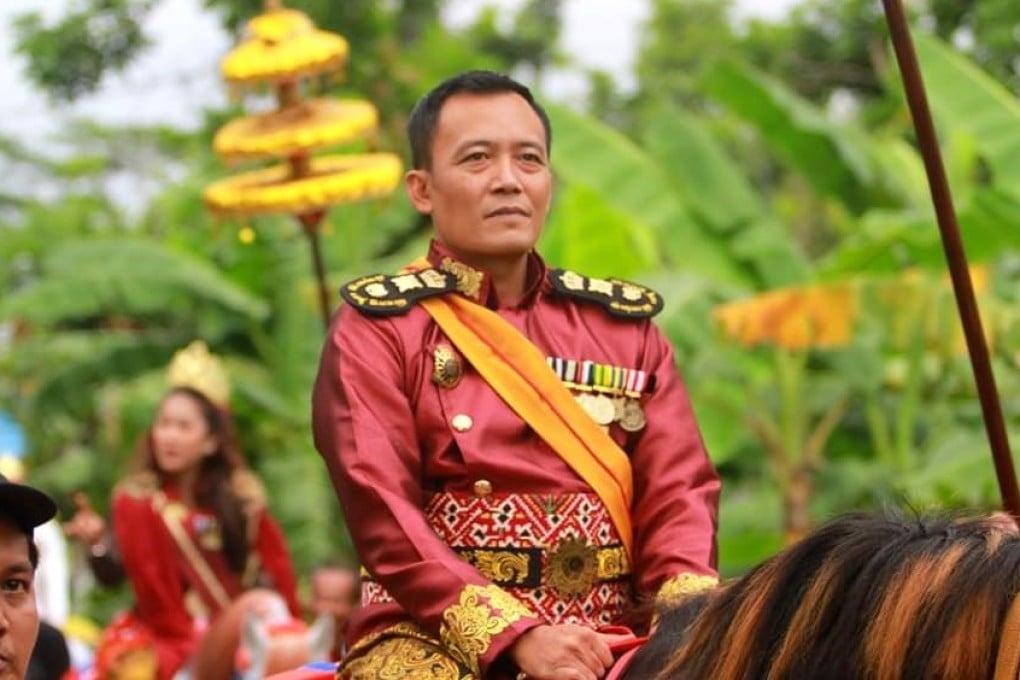Opinion | Indonesia’s fake ‘royal courts’ aren’t just created by crackpots but reflect society’s longing for a messiah
- The country’s pretender kingdoms have made grand claims of power and wealth, and tap into a belief that a ‘Just King’ will deliver prosperity
- Authorities have so far taken punitive action against those making claims without examining if their followers have underlying mental health issues

No less fantastical is the Sunda Empire of West Java, which claims sovereignty over all the world’s nation states and says they must “register” with it or face dissolution. Microsoft founder Bill Gates and Alibaba founder Jack Ma are listed among the members of its advisory council.
Then there is the “King of the King”, run by the equally improbably named – for an Indonesian at least – Dony Pedro, who hails from Tangerang, West Java. Pedro claims to be a global overlord who is the superior of every other ruler in the world and says he has access to billions of dollars which he plans to redistribute to all the citizens of Indonesia.

Media coverage of these “kingdoms” spurred Indonesia’s law enforcement agencies to take action. In mid January, Totok Santoso, the founder and “king” of Keraton Agung Sejagat and his consort, Dyah Gitarja, were taken into police custody on fraud charges. A few members of their “royal court” had supposedly filed charges for having to pay membership fees. Some also told the police they had been promised prominent positions in court in exchange for sizeable monetary tributes to the king.
